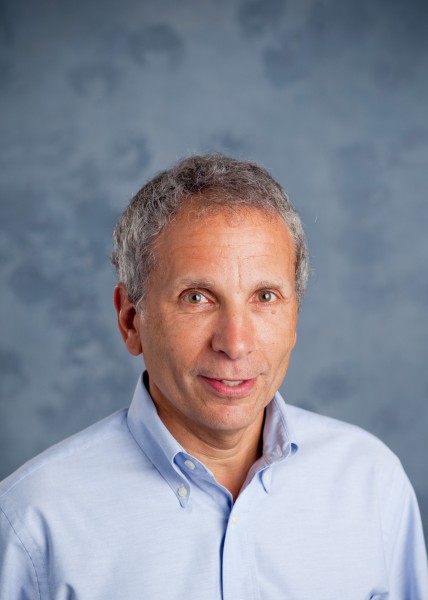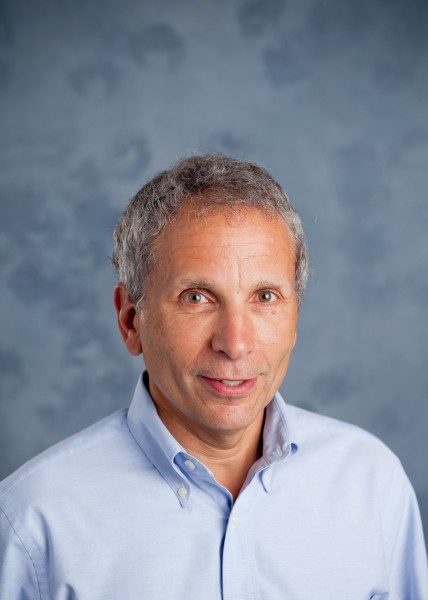
25 Aug To Your Health: Covid-19 Vaccine, Update
Part-time Telluride local Dr. Alan Safdi, a world-renowned internist and gastroenterologist with encyclopedic knowledge of mind-body wellness and preventative medicine, posts on Telluride Inside… and Out under the banner of “To Your Health.” His blogs feature the most current information in his field: health, wellness, and longevity. Which now has to mean Dr. Alan’s podcasts and stories are all about what’s on everyone’s mind: COVID-19.
Links to Dr. Alan’s podcasts and narratives on COVID-19 are here.
This week, Dr. Alan talks about where are we now in regards to COVID-19 prevention, testing, and vaccination. In this podcast you will learn:
1. What we need to do to make testing effective in decreasing COVID-19 spread.
2. A vaccine this year?
3. Will we achieve herd immunity?
Note: Tough as it is everyone does need to be paying attention to the new normal: the corona pandemic has a death rate about 49 times higher than that of the flu in the United States. Dr. Alan suggests “WMD”: WASH, MASK, DISTANCE.

What recent science-based studies have taught us about Covid-19:
1. Stay up to date on all your recommended vaccination schedules. Two new studies found that people who had received vaccines for other viruses developed fewer aand/or less serious coronavirus infections. (There are a lot of coronaviruses besides COVID-19). That said, more research is needed to determine their potential effectiveness against COVID-19. People who received other vaccines in the past 5 years – such as against flu, pneumonia, or hepatitis – had lower coronavirus infection rates.
2. Masks not only protect yourself and others, but also there is evidence mask-wearing can decrease your inhaled viral load should you be exposed. The greater the viral load the sicker you can get. Wearing a mask can decrease the severity of an illness secondary to exposure or even help a person avoid symptomatic illness. Wear your masks!!
3. Heading into the fall, when many experts expect another uptick in Covid-19 cases, however doctors are in a much better position to treat their patients than they were in the spring. We now know that so far, the anti-inflammatory steroid dexamethasone and the antiviral medication remdesivir have proven the most promising and have been adopted by many hospitals across the US and around the world. Hospitals have made another important change to their usual standard operating procedure for COVID patients who are having trouble breathing: they are put into a prone position, meaning they are lying on their stomachs for a certain amount of time every day.
4. The FDA authorized a new type of saliva-based coronavirus test on August 15 that could cut down on the cost of testing and the time it takes to process results. The emergency use authorization is for SalivaDirect, a diagnostic test created by the Yale School of Public Health. The test doesn’t require a special type of swab or collection tube.Saliva can be collected in any sterile container. However the procedure is still too costly to allow for home testing for everyone.
5. More data from observational studies, this time in hospitalized patients, indicated that famotidine (Pepcid AC), which is used to treat heartburn, was associated with improved clinical outcomes in COVID-19 patients. We do not have large studies to validate that yet.
6. Convalescent plasma shows promising efficacy in hospitalized patients with COVID-19, and the benefits outweigh the risks, the FDA said in announcing emergency use authorization (EUA) for such products on 8/23/2020.
A vaccine or more effective treatments would go even further toward reducing COVID-19’s toll. However, improvements in treatment are not a reason to be complacent about social distancing or wearing masks.
Dr. Alan, more:

Dr. Alan Safdi is board-certified in Internal Medicine and in Gastroenterology and is a Fellow of the American College of Gastroenterology. A proven leader in the healthcare arena, he has been featured on the national program, “Medical Crossfire” and authored or co-authored numerous medical articles and abstracts. Safdi has been involved in grant-based and clinical research for four decades and is passionate about disease prevention and wellness, not just fixing what has gone wrong. He is an international lecturer on the subjects of wellness, nutrition and gastroenterology.


Sorry, the comment form is closed at this time.